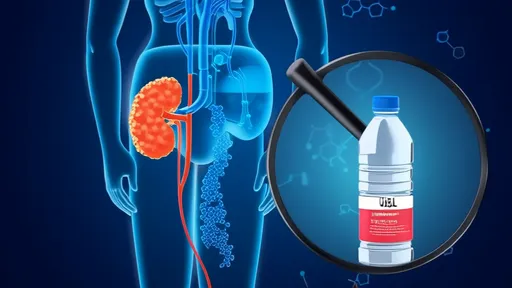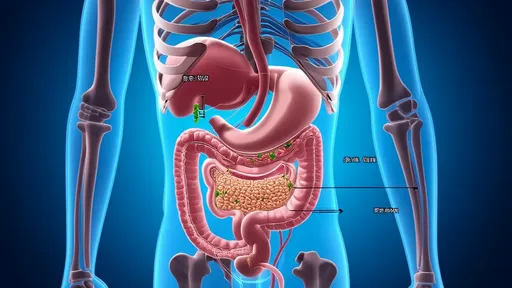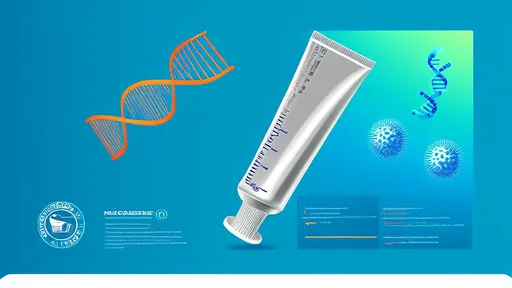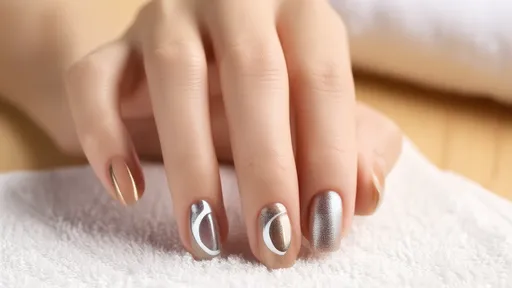The midday nap is a cherished ritual for many—a brief escape from the hustle of daily life, a chance to recharge before tackling the afternoon. But what if this seemingly innocent habit could be doing more harm than good? Emerging research suggests that napping beyond a certain duration may not only leave you groggier but could also pose risks to your heart health. The line between restorative rest and detrimental overindulgence is thinner than you might think.
Scientists have long debated the ideal nap length, but one thing is clear: not all naps are created equal. While a short power nap can boost alertness and cognitive function, extending that snooze session might trigger sleep inertia—a state of disorientation and fatigue that feels worse than the tiredness you initially sought to remedy. This phenomenon occurs when you dip into deeper stages of sleep, making waking up an unpleasant struggle against gravity and consciousness.
The heart of the matter becomes even more concerning when we examine the cardiovascular implications. Several large-scale studies have found a curious correlation between prolonged napping habits and increased incidence of heart disease. One particularly striking study followed thousands of adults over several years, revealing that those who regularly napped for more than 60 minutes had a 34% higher likelihood of developing cardiovascular issues compared to non-nappers. The reasons behind this connection remain under investigation, but researchers suspect it may relate to disruptions in nighttime sleep patterns or underlying health conditions that prompt excessive daytime sleepiness.
Your body operates on a finely tuned internal clock known as the circadian rhythm. When you sleep too long during the day, you're essentially giving this biological timepiece a forceful shove. The result? Your nighttime sleep suffers, creating a vicious cycle of poor rest that leaves you reaching for longer naps the next day. This disruption doesn't just make you tired—it can lead to metabolic changes that stress your cardiovascular system over time.
Timing plays a crucial role in determining whether your nap will be beneficial or counterproductive. The famous "coffee nap" technique—drinking caffeine right before a short nap—works precisely because the 20-minute duration allows you to reap the benefits of light sleep without entering deeper stages. By the time the caffeine kicks in, you wake up refreshed rather than groggy. Contrast this with a 90-minute nap that completes a full sleep cycle; while theoretically sound, such lengthy naps often prove impractical for most working adults and can interfere with nighttime sleep.
The cultural dimension of napping shouldn't be overlooked. In siesta-taking societies, the practice is often woven into the fabric of daily life with established routines and environmental accommodations. Yet even in these cultures, the traditional siesta rarely exceeds 30 minutes. Modern work schedules have made the extended midday nap increasingly rare worldwide, perhaps explaining why our bodies haven't evolved to handle prolonged daytime sleep well.
For those determined to keep napping, experts recommend setting an alarm for 20-30 minutes and choosing a restful environment. This duration allows you to stay in light sleep stages, avoiding the grogginess that comes from waking during deep sleep. More importantly, it minimizes potential disruptions to your nighttime sleep cycle—the true foundation of good health. If you consistently feel the need for longer naps, this could signal an underlying sleep deficit or health issue worth discussing with your doctor.
The relationship between napping and heart health appears to follow a J-shaped curve—moderate napping might offer some benefits, while excessive napping seems to increase risks. This pattern mirrors what we see with many health behaviors, where moderation proves key. The occasional long nap probably won't hurt, but making lengthy daytime sleep a regular habit might come at a cost to your cardiovascular system.
As research continues to unravel the complexities of sleep and its impact on our health, one message comes through clearly: when it comes to napping, less is often more. That brief 20-minute respite might be all your body needs—and all your heart can handle. The next time you feel the urge to nap, remember that setting limits could be an act of self-care that pays dividends for your energy levels and your long-term health.

By /Aug 19, 2025

By /Aug 19, 2025

By /Aug 19, 2025

By /Aug 19, 2025

By /Aug 19, 2025

By /Aug 19, 2025

By /Aug 19, 2025

By /Aug 19, 2025

By /Aug 19, 2025

By /Aug 19, 2025

By /Aug 19, 2025

By /Aug 19, 2025

By /Aug 19, 2025

By /Aug 19, 2025

By /Aug 19, 2025

By /Aug 19, 2025

By /Aug 19, 2025

By /Aug 19, 2025

By /Aug 19, 2025

By /Aug 19, 2025